Owning a car can either be a dream or a nightmare depending on how well the vehicle is taken care of. Are you unknowingly doing things that are damaging your vehicle?
Awareness is vital in keeping your car in good shape, and the key to its longevity. Check out if you’re doing more harm than good on your car with these crucial tips from Philkotse.com.
1. Neglecting regular maintenance checks
Regular car maintenance is vital in making sure that your vehicle is in good condition. It also checks if all the engine parts are functioning properly. Here is the basic list of regular maintenance services needed by your car:
- Tire rotation
- Oil change
- Air filter and oil filter change
- Differential check on rear-wheel drive vehicles
- Transmission check
These services and checks are inexpensive and, most often, it doesn’t take much time. But they can impact the lifespan of your car, even though they're inexpensive and don't take a lot of your time.
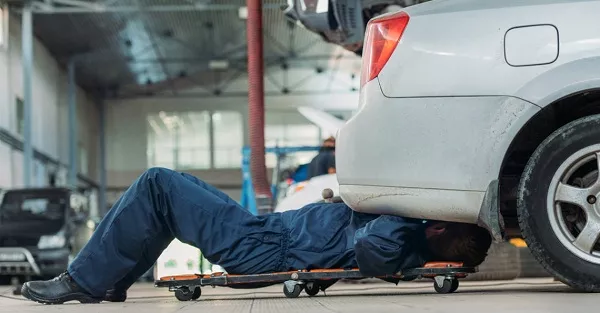
Regular car maintenance is vital in making sure that your vehicle is in good condition
Don’t put them off. Sometimes, car owners mistakenly think that it is still okay to push your car a little more, thinking that it wouldn't harm the vehicle. Eventually, all that missed maintenance checks will catch up with your car and even cause engine failure and entail more expensive repairs.
>>> Worth to note: 8 Maintenance Tips to Keep Your Car Healthy.
2. Not checking tire pressure
The car’s tires are the only point of contact between the car and the driving surface. This is the main reason why the tire condition is incredibly vital. It is very important that your tires get regular balancing and rotating. However, your tires need more than that.
One essential consideration is the tread condition. But aside from how often you rotate car tires, there are still more factors affecting tread life. The right tire pressure impacts everything including fuel economy, handling capability, how long tires will last, and many more.
It is advisable to spend some money on replacing old tires with new ones because old and worn tires put so much pressure on the suspension of the car. It will avoid problems with your car suspension and it will also help in better handling, and fuel economy.
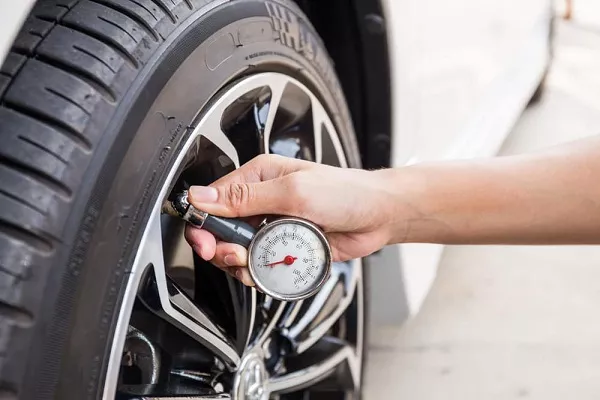
The right tire pressure impacts everything including fuel economy, handling capabilities and how long tires will last
Know the right tire pressure of your vehicle’s tires. Also, note that the front and rear may differ. Best to check the owner’s manual or badge in the driver front door frame. When measuring the tire pressure, remember the following:
- Always use an accurate pressure gauge
- Regularly check the tires when they are cold but not driven
- Properly connect the pressure gauge to the valve stem then read the pressure
- If the tire pressure is low, add air
- It’s better to check the tire pressure at least once a month, but checking it once a week is more preferable.
- If one of the tires is consistently low, consider having it checked for leaks.
Also, note that many modern cars are already equipped with an onboard tire pressure monitoring or also called TPMS. It’s a system that uses a built-in pressure-reading device that comes with radio transmitters placed on each wheel. These transmitters are used to communicate with the vehicle’s computer.
3. Ignoring the check engine light
Oftentimes, when a driver notices the check engine light is on, if he/she feels that everything’s normal, the warning is ignored. It’s a very wrong move. The check engine light is on for a reason, and it can mean a misfire has occurred but you’re not aware. It could also have a connection with the catalytic converter or the oxygen sensor.
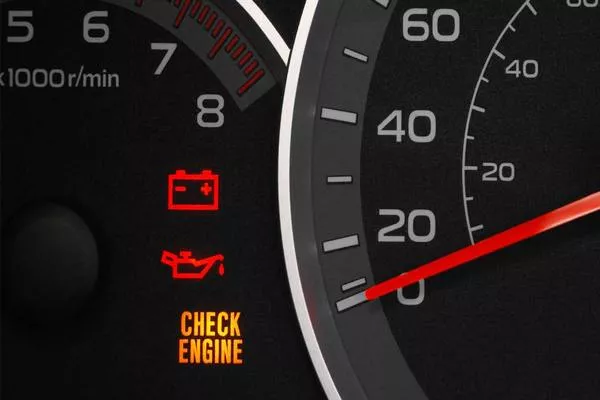
Check engine light is on for a reason it can mean a misfire has occurred but you’re not aware
4. Getting serviced by an unqualified mechanic
We entrust our vehicles to somebody we know to have just enough skills and tools to fix a car. Maybe you have asked them before for automotive service for a very friendly price.
However, their service still differs from the services provided by a qualified mechanic which has a lot more knowledge in the workings of the car and its engine.
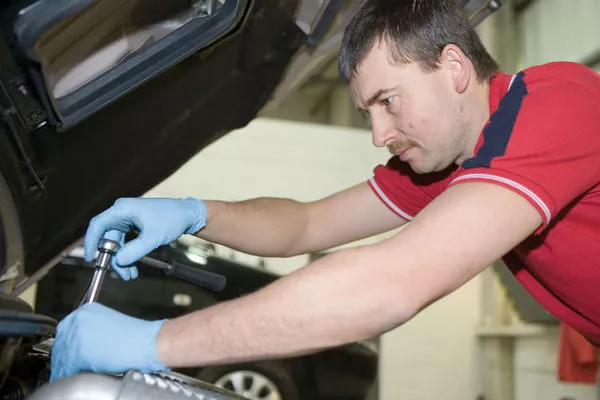
Most of the time, we entrust our vehicles to somebody we know to have just enough skills and tools to fix a car.
5. Doing maintenance on your own
There are maintenance checks that can be done by the car owner. However, in some cases, DIY car repair does more harm than good!. Today’s vehicles are fairly advanced and can prove easy to service such as in the case of changing oil, replacing air and fuel filters, and checking the transmission fluid.
But there are repairs that need advanced computer systems and more in-depth access that requires a connection to your car’s OBD II connector and an interface with an onboard computer. Only qualified technicians can do this job.
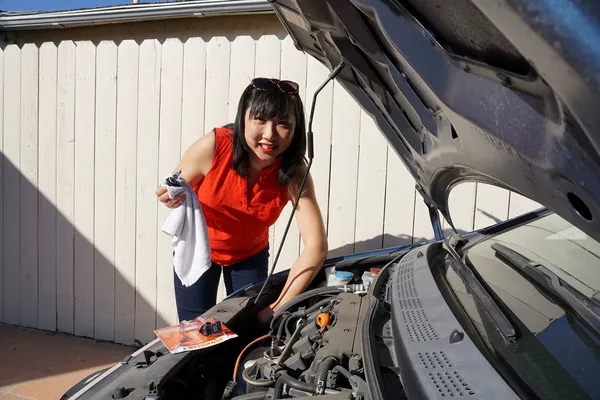
Not every car repair should be done by yourself
6. Not changing the engine oil
A regular oil change is an important part of the car’s maintenance. Highway speeds, driving in high-heat conditions, long hours of driving, and towing loads put an extra strain on your engine which also shorten the useful life of the engine oil.
The oil helps in keeping the engine cool while driving, and it lubricates the moving parts. When it is used and heated, it picks up debris and impurities inside the engine. It also loses its lubricating ability. When it thins, it can no longer help cool your engine. This is the main reason why changing the engine oil regularly is essential.
>>> Read to know 5 signs to check if your car needs an oil change.
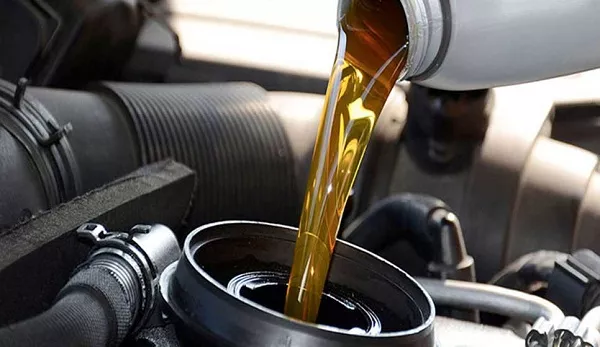
Remember to change your engine oil regularly
Skipping maintenance service and changing oil-change intervals will lead to a higher risk for engine damage. It could even cause total engine failure, with the only thing to do is to have it replaced.
Being aware of these simple things help you prevent early deterioration of your car's engine. It will also prolong the life of your vehicle. Taking action to stop these bad habits will have a great impact on the usability and longevity of your car.
Follow Philkotse.com for proper car maintenance knowledge and prolong the lifespan of your beloved vehicle!
Recent posts
- Car maintenance checklist after a long road trip Mar 20, 2019
- 7 Basic Car Maintenance All Philippine Drivers Should Know Oct 19, 2020
- The 4 'Whys' of Car Maintenance That You Must Know Oct 13, 2020
- 3 important milestones for new car maintenance schedule Oct 22, 2020
- 10 basic car maintenance tips every driver should know Feb 05, 2018












